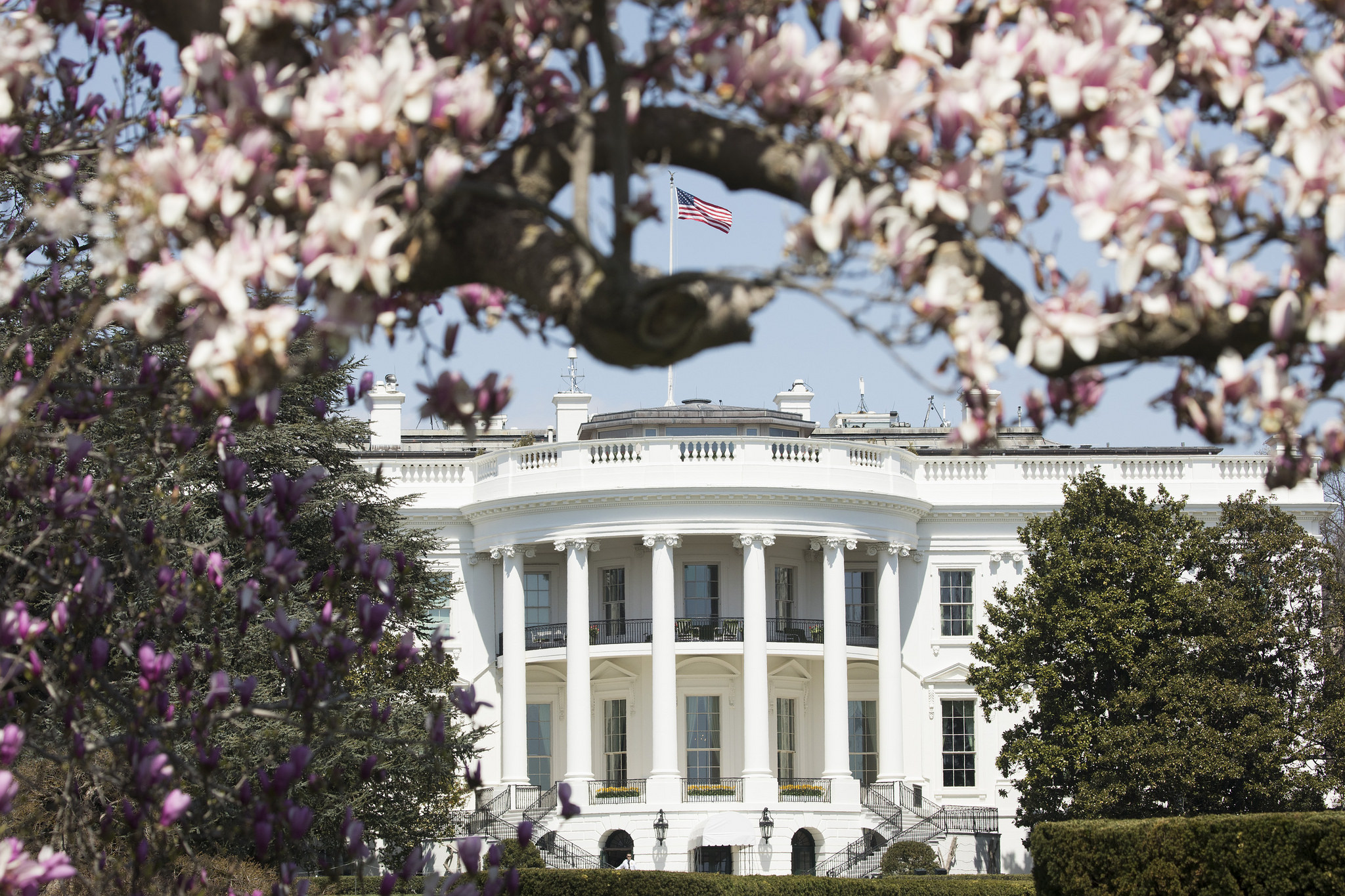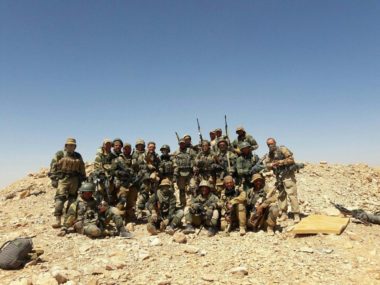Last week’s puzzler posed two questions. First, why has the number of coups in Sub-Sahara Africa fallen significantly in last 10+ years? Second, why did a coup occur in Egypt last week?
Stephen Saideman offered the clearest and most concise answer to the first question, noting that in the region “there are more democracies these days and more stable ones than in the past, so fewer opportunities to coup.” I think that’s right, even in Sub-Sahara Africa. According to the Economist Intelligence Unit, “elections have become a normal occurrence in Sub-Saharan Africa. Since the late 1990s the number of coups has fallen sharply, whereas the number of elections has increased… Progress in democracy in the region has been slow and uneven, but nevertheless continues.”
And why the coup in Egypt, and why now? Allison Hodgkins offered the best response:
“If ever there was a less secret, less surprise coup, it would be Egypt’s July 3rd ‘military facilitated, religious leadership and civil society endorsed annulment of the Morsi Presidency.’
Why Egypt? Why now? The short answer seems to be that the coup was successful because the army had both the capacity and the popular backing to complete it when the street gave them the green-light to ‘throw the bums out,’ so to speak.
Although the timing of the coup was clearly linked to the popular protests, it was long expected if you listen to students, hair-dressers, taxi-drivers and moms at birthday parties. The last year in Egypt has been like watching a train-wreck in slow motion; everyone can see things spiraling to the brink of state-collapse but no one seems capable of doing anything beyond hanging on or covering their eyes. The question was not whether the military would take over again, but when and for how long.
Despite taking a beating during its year in power, the army is still seen as one of the few legitimate and functional institutions in the country. It its also relatively autonomous, both due to its successful negotiations with the Morsi government and its independent financing (the Egyptian military runs a large number of factories and economic interests). It is also important to note that there is no counter-force that could even moderately stand against them. There may be some militias in the offing, but none capable of repelling a coup executed by the army.
However, I think the success of Tamarod and similar movements in mobilizing the street was also vital. Had there only been crowds in the paltry 100,000s I think the army would have held back. SCAF is chary of overly antagonizing the United States and other important regional actors who’s backing they will eventually need to pull the country back from the brink of political and economic meltdown.”
Meanwhile, I’m off to peaceful Saskatchewan for a much needed vacation, and may or may not post Friday puzzlers during that time. It will depend on whether I observe anything particularly puzzling in the prairies of central Canada.






